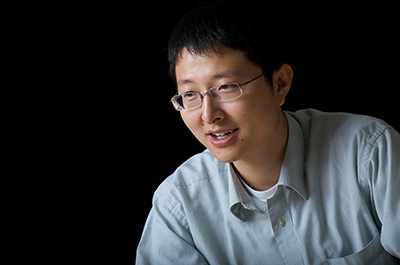
Hometown, Country:
Toronto, Canada
Academic history prior to coming to MIT:
I received my Bachelor of Applied Science degree from the University of Toronto, majoring in Electrical Engineering. I came to MIT afterwards for graduate school and got my Master of Science degree in 2010.
What brought you to MIT?
When visiting MIT, I was attracted by the community in many ways: I found a research group that is a great match in terms of research interests and style; I enjoyed interacting with the faculty, staff and students here; and I liked the tech-centered culture at the institute of technology!
What problem are you trying to solve with your current research and what are some possible applications?
Currently I am working on the problem of computing with unreliable processors. In particular, I am investigating how we can use redundancy and feedback in a smart way to develop more accurate and cost-efficient computing systems. One example is crowd sourcing, where we can view human workers as the unreliable processors. Another example is reliable circuit design using unreliable components. In general, my research approaches these problems systematically, where I propose a model of the system, and then use mathematical analysis to uncover how various design choices impact the corresponding system performance in ways such as accuracy and cost.
What interests you most about your research?
The interaction between theory and practice—it is exciting and fulfilling to see good theories leading to better practical system designs!
What are your future plans?
I would like to work in the area of making sense of a large amount of noisy data. This issue is important nowadays as collecting a lot of data is often easy, while improving data quality is usually difficult. There are many such opportunities in both academia and industry, and I am open to both directions.
